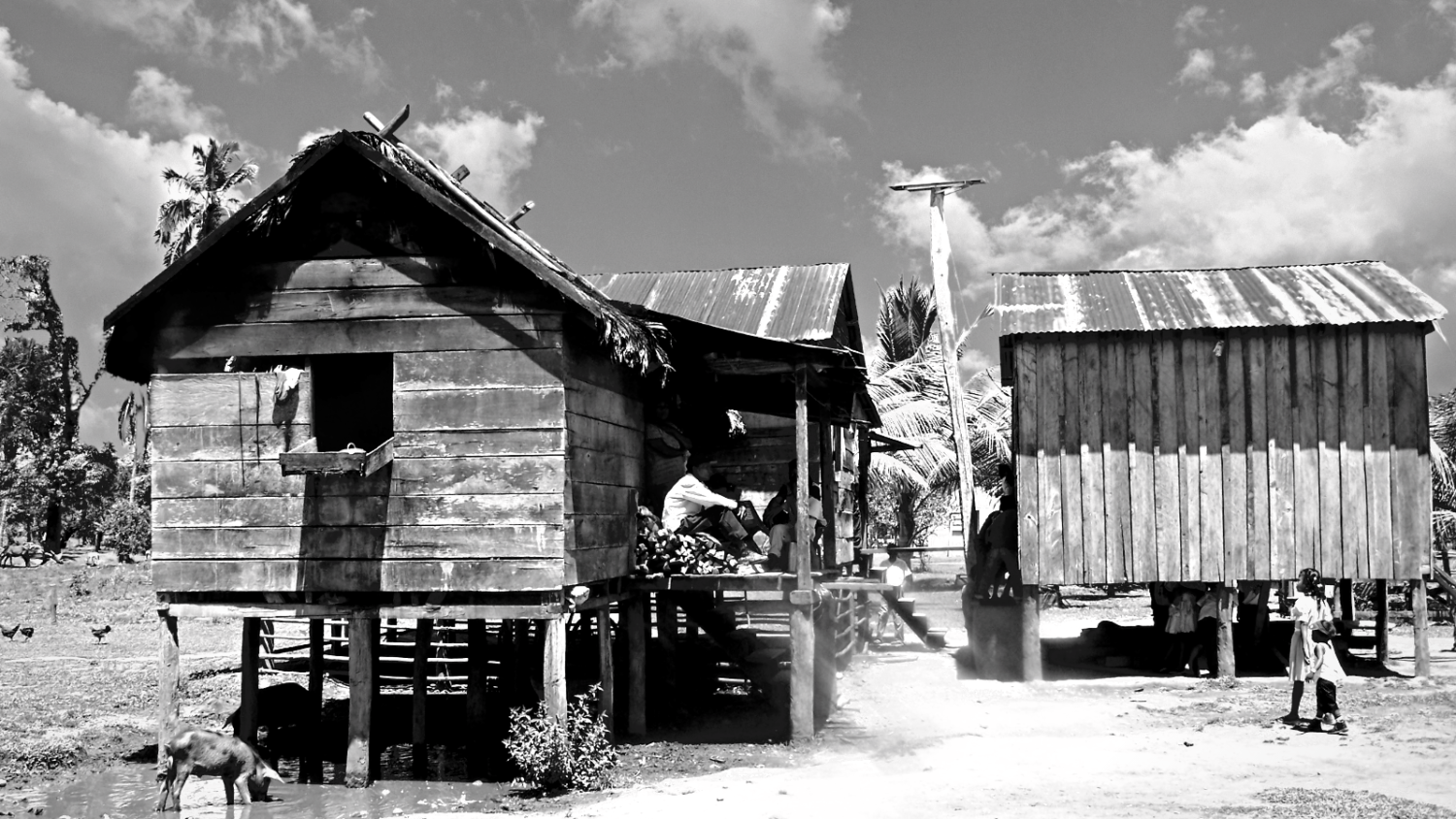Nicaragua: UN Committee on the Elimination of Racial Discrimination alarmed by violence against indigenous and Afro-descendant peoples
Washington D.C., August 31, 2022-. Upon concluding its review of Nicaragua’s level of implementation of the Convention on the Elimination of All Forms of Racial Discrimination on Tuesday, August 30, […]

Washington D.C., August 31, 2022-. Upon concluding its review of Nicaragua’s level of implementation of the Convention on the Elimination of All Forms of Racial Discrimination on Tuesday, August 30, the UN Committee on the Elimination of Racial Discrimination (CERD) published its concluding observations, where it expresses deep concern about the State’s lack of cooperation and involvement with the mechanism, evidenced by its absence from attending the sessions in which the review took place, and despite alarming allegations of violence and serious attacks against indigenous and Afro-descendant populations within their territories.
“The Committee is seriously concerned about the numerous attacks that have been perpetrated against indigenous peoples in the Mayangna Sauni As Territory in the area of the Bosawás Biosphere Reserve,” read the CERD report, which also calls on the Nicaraguan State to take urgent preventive measures and to conduct thorough, impartial and effective investigations into these attacks “so that those responsible are prosecuted and duly sanctioned”.
Among the Committee’s other main concerns were the arbitrary shutdown of civil society organizations, the criminalization of indigenous and Afro-descendant human rights defenders, the lack of national legislation prohibiting racial discrimination based on the Convention’s standards, the structural discrimination found in the precarious living conditions and the persistent exclusion of these peoples; the difficulties in the application of the communal, territorial and regional autonomy regime, and the lack of implementation of the stage for the restoration of indigenous territories established in Law 445.
The observations refer to “reports on the lack of certification of indigenous authorities legitimately elected in community or territorial assemblies” and denounce the imposition of “parallel governments” made up of government officials and/or persons related to the government, which affects the rights of autonomy and political participation of the indigenous and Afro-descendant peoples of the caribbean coast.
It also references reports of concessions of licenses for the exploitation of natural resources and development projects have been granted within indigenous territories without prior consultation processes to obtain the free, prior and informed consent of the affected peoples, or through consultations with persons “not legitimized” to represent these peoples. Unfortunately, these concessions bring with them social, environmental and cultural impacts that seriously affect livelihoods and ways of life, “generating food crises, forced displacement and health problems for the affected communities”.
“The Committee is seriously concerned that the Grand Interoceanic Canal project, which affects the territory of the Rama indigenous people and the Afro-descendant Kriol communities and the territory of the Bluefields Creole community, has not been duly consulted with the affected peoples,” the Committee states.
Finally, the Committee recommends that Nicaragua formulate effective legislation and protection strategies in consultation with the indigenous and Afro-descendant communities, considering the cultural, regional and gender differences that may affect these peoples. It also suggests that the Nicaraguan State consider ratifying the Inter-American Convention against Racism, Racial Discrimination and Related Forms of Intolerance.
NGOs denounce the State’s absence
Organizations defending indigenous and Afro-descendant peoples’ rights that have followed closely the monitoring of the application of the Convention on the Elimination of all Forms of Racial Discrimination by the State of Nicaragua consider that the Nicaraguan State’s lack of presence at the August 10 session is part of a pattern of disregard for its international human rights obligations. Among them are Fundación del Río, the Center for Legal Assistance to Indigenous Peoples (CALPI) and the Institute on Race, Equality and Human Rights (Race and Equality).
For Carlos Quesada, Executive Director of Race and Equality, “the State continues to show no signs of willingness to renew cooperation with the international community. Last year (2021), the State refused to answer the questions made by the Committee on Economic, Social and Cultural Rights (CESCR), and this year (2022), was absent from its review of the implementation of the Convention against Torture” alleging that the Committee against Torture (CAT) lacks impartiality and objectivity.
Quesada recalled that “the signing and ratification of the Convention on the Elimination of All Forms of Racial Discrimination was a voluntary action of the Nicaraguan State, which entails a series of international obligations and commitments. We demand that Nicaragua complies with the recommendations of the CERD!”, said Quesada.
For Amaru Ruiz, President of Fundación del Río and a indigenous peoples’ rights defender, who was criminalized through the Special Law on Cybercrimes (Law 1042) for defending indigenous peoples rights, “the (Nicaraguan) State’s behavior in these human rights avenues (Inter-American System and Universal System of Human Rights) has been irresponsible and disrespectful to international law”.
Maria Luisa Acosta, Coordinator of CALPI, considers “an important action” to the Committee’s decision to continue with the evaluation process and formulating concluding observations about the situation in Nicaragua. “This decision has allowed us to have a report that demands urgent actions to address the grave human rights violations taking place, especially in order to combat acts of discrimination against indigenous and Afro-descendant peoples.”
“Hopefully, other actions will be established within the framework of the Committee’s directive, especially to continue to follow up on the situation in Nicaragua, and to have a greater impact on the State’s responsibility to comply with the conventions it has signed at the international level,” Ruiz concludes.

